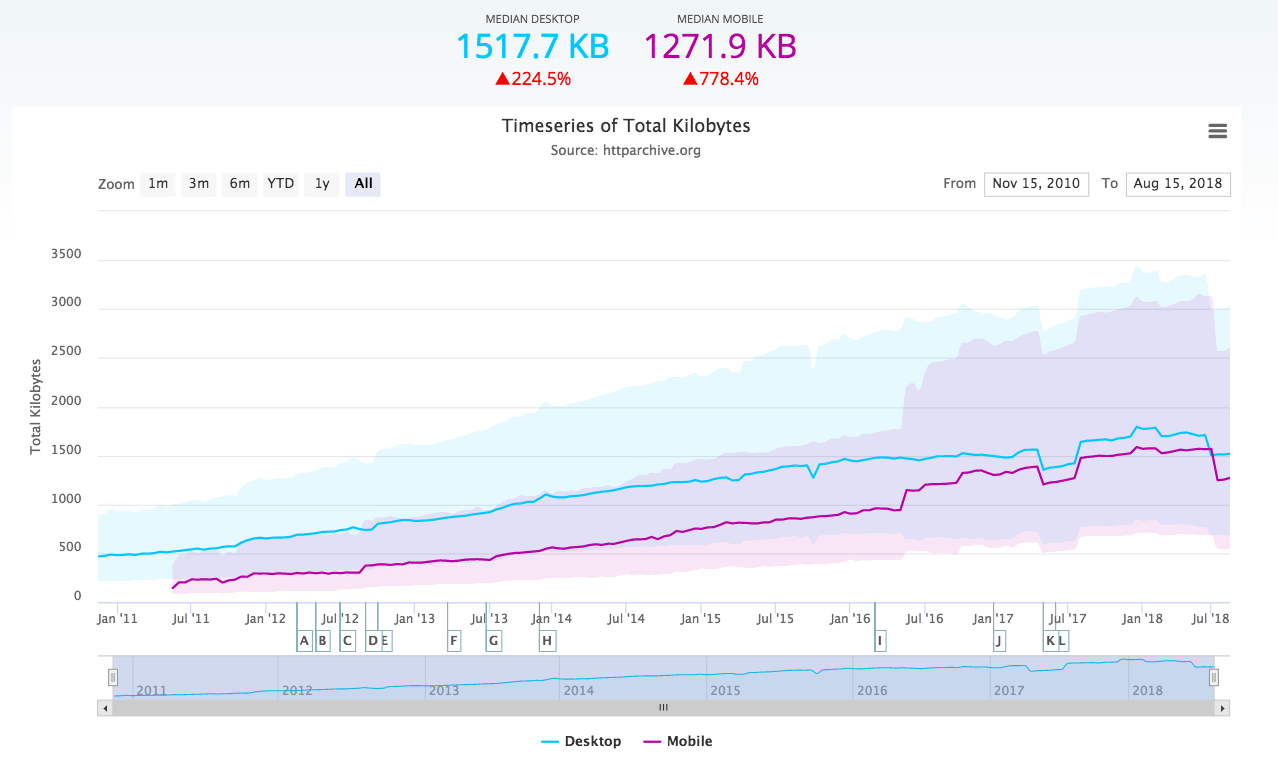 Is Facebook taking the first steps towards making itself an internet-wide payment platform?
Is Facebook taking the first steps towards making itself an internet-wide payment platform?
You may know that the company is working on something it calls Facebook Credits (it’s in beta). You can buy Facebook Credits with a credit card or Paypal, and then use these credits as a currency when buying virtual items from applications on the Facebook platform (Facebook apps). A number of apps already use it.
This move will let Facebook get a cut of the action of the in-app purchases of various Facebook apps such as Mafia Wars and Farmville (Facebook will take a massive 30% chunk). Great for them, and if the increased convenience and ease of use is enough to make users spend 30% more, it should be a good thing for developers as well.
Facebook Credits can only be used with Facebook applications, and this is all Facebook has been talking about, but you can’t help but think that this might be the first step in an even more ambitious direction.
Credits + Facebook Connect = Payment platform
Look at Facebook’s tendency over the last few years. It’s gone from being a small, walled garden to being increasingly focused on pushing its influence out into the rest of the web. Facebook Connect is a prime example of this, where you can use your Facebook login on third-party sites, which in turn get access to your Facebook information.
And in many ways it’s Facebook Connect that makes the potential of Facebook Credits so intriguing.
Couple Connect with Credits and you get a new payment option that could, if Facebook allows it, be used as a universal payment option on the internet. Facebook would act as the go-between between Facebook users and online stores and services.
Of course, Facebook wouldn’t be able to take a 30% cut of purchases outside of the Facebook platform, but they could take a small cut. Businesses have been built on less (Paypal, anyone?), and if you consider the huge user base that Facebook already has this could mean a big influx of money for the company.
Another bonus for Facebook: information
There is one more thing to consider if Facebook ends up following this path. One of the most valuable commodities these days is information (it’s what Google is made of), and being a proxy for purchases would give Facebook very valuable information.
Facebook already knows a lot about you, but being able to know what kind of purchases you make could potentially help Facebook serve you ads in a more efficient manner. Are you buying flowers online? Well, let’s serve you ads from florists! More effective ad targeting would ultimately lead to even more money rolling into Facebook’s coffers.
Of course, considering the massive backlash after Beacon a while back, Facebook would have to tread very carefully here and carefully consider the privacy implications.
What do you think?
Are we headed towards a new internet currency, one resting on the shoulders of the Facebook platform?
A simple credit system like this might not be ideal for large purchases, but great for micro transactions and smaller payments. It could be very convenient. For example, you could use Facebook Credits to pay for online content, when you shop books at Amazon.com, or order a pizza online.
So here’s a question: Would you use it?


























